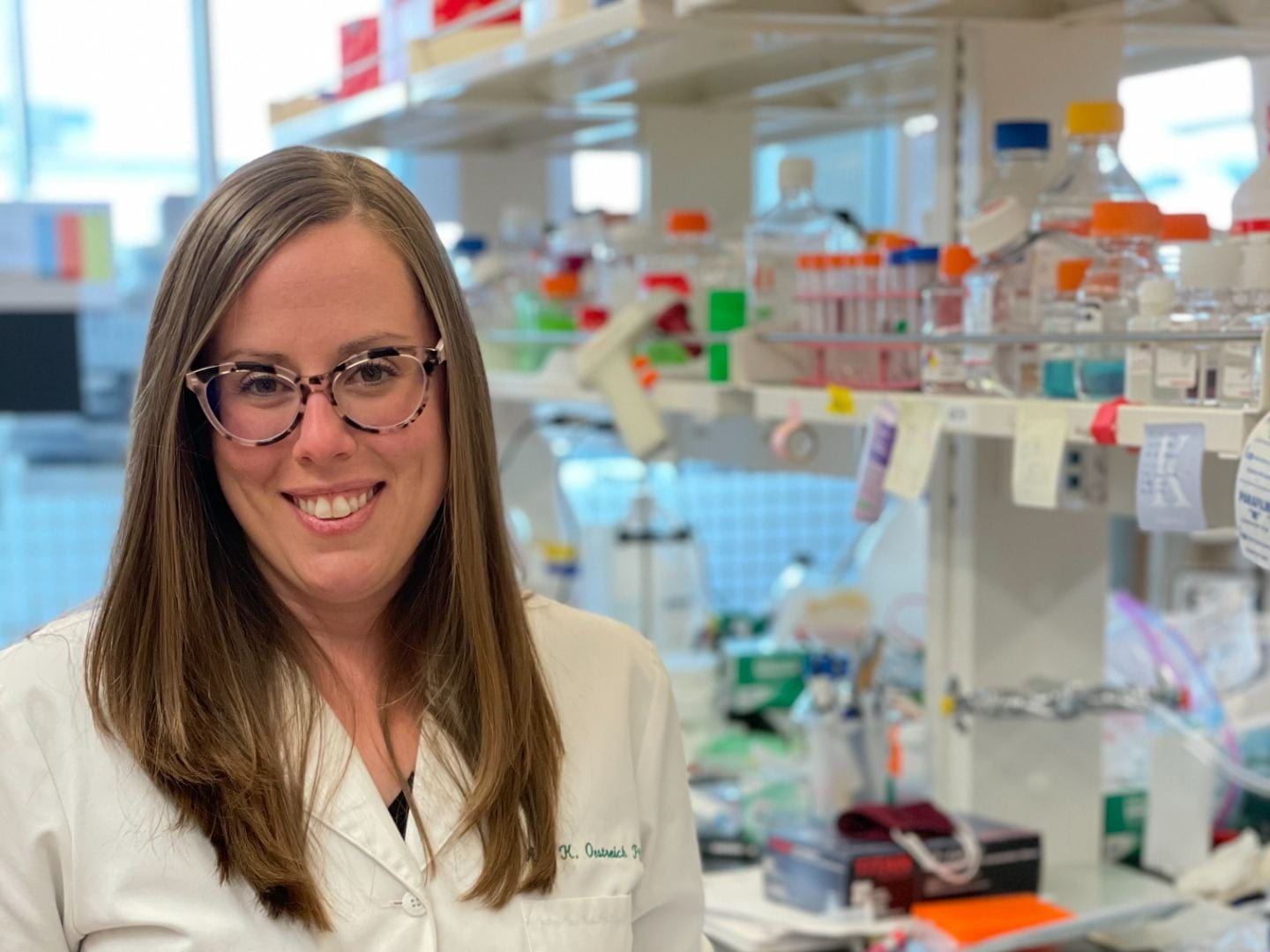
Dr. Arin Oestreich, a postdoc in Dr. Farshid Guilak’s laboratory in the Department of Orthopaedic Surgery is working to assist future generations by understanding how maternal obesity programs the mother’s offspring to develop different disease profiles such as osteoarthritis. Their specific target includes fetal joint growth and understanding how changes in the uterine environment can persist into adulthood and be transmitted to multiple generations. A strong phenotype is available, so understanding how epigenetics play a role in this process was the next step.
Where should they start? After discussing with the Genome Technology Access Center at MGI, a direction was provided toward single-cell ATAC seq. To understand ATAC seq better visit here.
As a collaborative partner, GTAC@MGI explained the positives and negatives of the process. They connected Dr. Oestreich with researchers who could share an understanding of the protocol. The collaborators gave different perspectives regarding single cell ATAC seq work.
With this additional knowledge, this proposal was heading into motion when the pandemic began. This slowed down the project and allowed for a release of the 10X Genomics Chromium Single Cell Multiome ATAC + Gene Expression as described here.
Previously the ATAC and Gene Expression steps where completed in separate assays, creating a challenge of looking at two different populations with possible variability. Bioinformatics was a powerful tool to assist in this process. Even with that benefit it became a much greater resource to cover the data all together in the same cell with one method.
An additional challenge included the isolation of the cells from bone and cartilage. The finesse needed was accompanied with the assistance of 10X Genomics directly from a connection made by GTAC@MGI. This support system provided trust in the results by walking the researchers through the quality control parameters and imagery of nuclei. The images were of great help in optimizing which nuclei should move forward. Since this type of genetic based protocols covered an area outside of Dr. Oestreich typical scope of work the additional support made a large difference to her and the ability to move the science forward. As she reviews her results to see how this will speak to her initial question and help create her next step, GTAC@MGI will continue to be available to assist in her future endeavors.
If you would like to learn more about using this protocol for your single-cell work, contact the McDonnell Genome Institute at MGI@wustl.edu with any questions.
